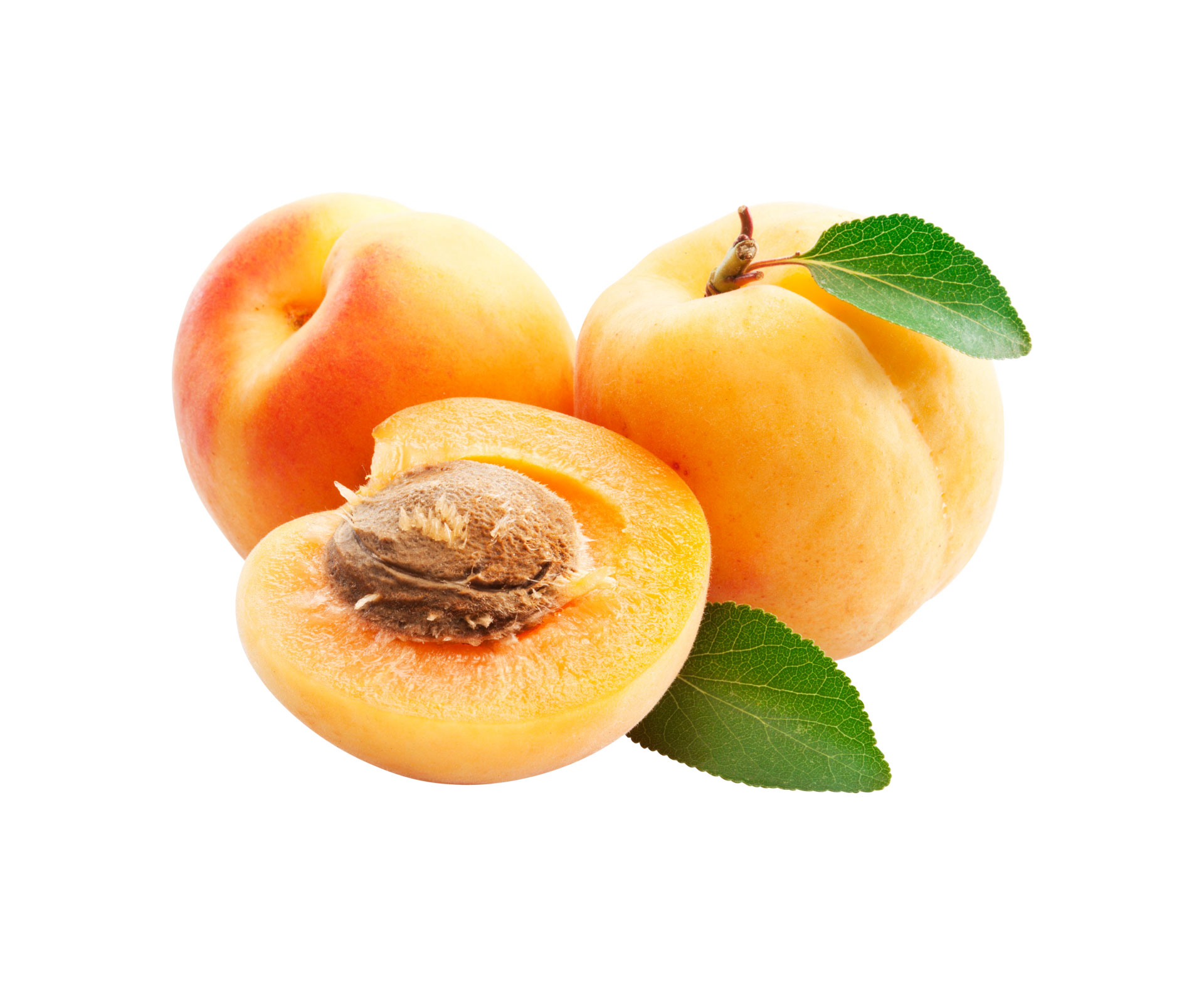Problem: Risk of stroke
Solution: Citrus fruits
The flavanones in citrus fruits can lower your risk of stroke. A study reported in Stroke: Journal of the American Heart Association followed 69,622 women for 14 years and found those who ate high amounts of oranges, grapefruits and lemons had a 19 per cent lower risk of stroke than those who consumed the least.
Flavanones, which are compounds that give plants their colour and affect their taste, work by reducing inflammation, helping blood flow through vessels more smoothly. Strokes are caused by clots and ruptures in the brain, which are significantly prevented as long as you’re a healthy weight, stay active and don’t smoke, all of which help to maintain a healthy blood flow.
However, after 65 your risk increases as your arteries harden. Again, it’s citrus fruits that can help this symptom. High in vitamin C, they’re natural antioxidants for your body’s cells. Antioxidants slow the progression of atherosclerosis (hardening of the arteries), and prevent free radicals, which come from environmental pollution and inflammation in the body, from depositing plaque in your arteries.

Problem: Rheumatism
Solution: Frankincense
The resin of Indian frankincense (salai guggal) contains large amounts of boswellic acids, which are powerful plant-based anti-inflammatories. It’s well known as a joint-protecting herb in ayurvedic medicine, and now Western trials have confirmed its efficacy.
In studies on patients suffering from osteoarthritis, this natural remedy improved symptoms in 60 to 70 per cent of participants. After six weeks, swelling reduced, pain was alleviated and joint stiffness decreased.
Try Healtheries Jointex Advanced or Nature’s Way Boswellia. Or try a herbal dispensary if you’d like the herb on its own. Another natural anti-inflammatory for your joints is turmeric.
It contains a protein, curcumin, which helps stop immune-system responses to inflammation. Gingerol and shogaol, found in ginger, do the same thing. Cayenne pepper is also used to reduce inflammation. Doctors frequently prescribe capsaicin cream, a cayenne pepper-based topical treatment, for osteoarthritis, as it limits levels of pain transmitting chemicals released from nearby nerve cells.

Problem: Brittle nails
Solution: Apricot oil
Keeping your nails strong and supple couldn’t be easier with apricot oil.
Oestrogen levels fluctuate with age, which dehydrates your body, leading to dry, brittle and discoloured nails. You can reverse these effects or avoid them by using nourishing apricot oil morning and night. Massage an oil into your cuticles and around the nail bed.
You could also help your nails by boosting the production of keratin, the natural beauty nutrient which acts as a growth accelerator for healthy hair and strong nails. The body produces it from amino acids when you eat protein and biotin-rich food like egg yolk, oatmeal, soybeans, mushrooms and almonds.

Problem: Heartburn and indigestion
Solution: Juniper berries
Bitter-tasting juniper berries act as an astringent. When the fruits are consumed, your saliva production is increased. In turn, your levels of digestive enzymes and stomach acid go up, helping you break down food faster. This means you’re less likely to suffer from acid rising back up your oesophagus, causing heartburn.
Although these symptoms can strike at any age, it’s more serious as you get older, as repeated acid wear in your throat and oesophagus can cause acid reflux disease, sometimes leading to hernias or even cancer.
If you already suffer from acid reflux, try a spoonful of slippery elm in a glass of milk. This tree extract adds a mucous lining to your stomach, protecting it from harmful acid. Try Go Healthy Go Slippery Elm.

Problem: Heart disease
Solution: Garlic
Garlic has been used as a cure-all for centuries. Its compounds help fight cancer cells, its antioxidants protect against free radicals, and its antibiotic properties help fight bacteria and viruses. Most recently though, scientists have been looking at the way in which garlic, affectionately known as ‘the stinking rose’, affects heart health.
One of the main compounds in garlic, allicin, reacts with your body’s red blood cells to produce hydrogen sulphide. This makes your blood vessels more relaxed, keeping your heart functioning properly.
Cardiovascular disease is still the leading cause of death in New Zealand, accounting for 30 per cent of deaths a year. But it’s far more likely if you’re overweight, unfit, or have high cholesterol. Garlic can help lower the latter. In tests where participants were given up to a gram of garlic powder a day, total cholesterol levels were lowered by up to 20mg/dl (mg per decilitre of blood).

Problem: Liver function
Solution: Sea buckthorn
The sea buckthorn plant does more than just cheer up coastlines with its orange berries – it also lends itself to repairing your body. The leaves contain an extract that’s ‘hepatoprotective’, helping to protect your liver from damage.
Compared to when we’re in our 20s, blood flow to our liver reduces by the time we reach our 60s by up to 50 per cent. This can make it vulnerable to damage from chemicals, viruses or alcohol.
Try SeaBuckWonders Sea Buckthorn Oil Blend, Omega-7 Complete. Another natural hepatoprotective is moringa, which is increasing in popularity as a superfood. It comes from the African moringaceae plant. Try Green Trading’s Organic Moringa Leaf Powder, which adds an earthy freshness to smoothies, salads or soups.

Words: Katherine Watt




